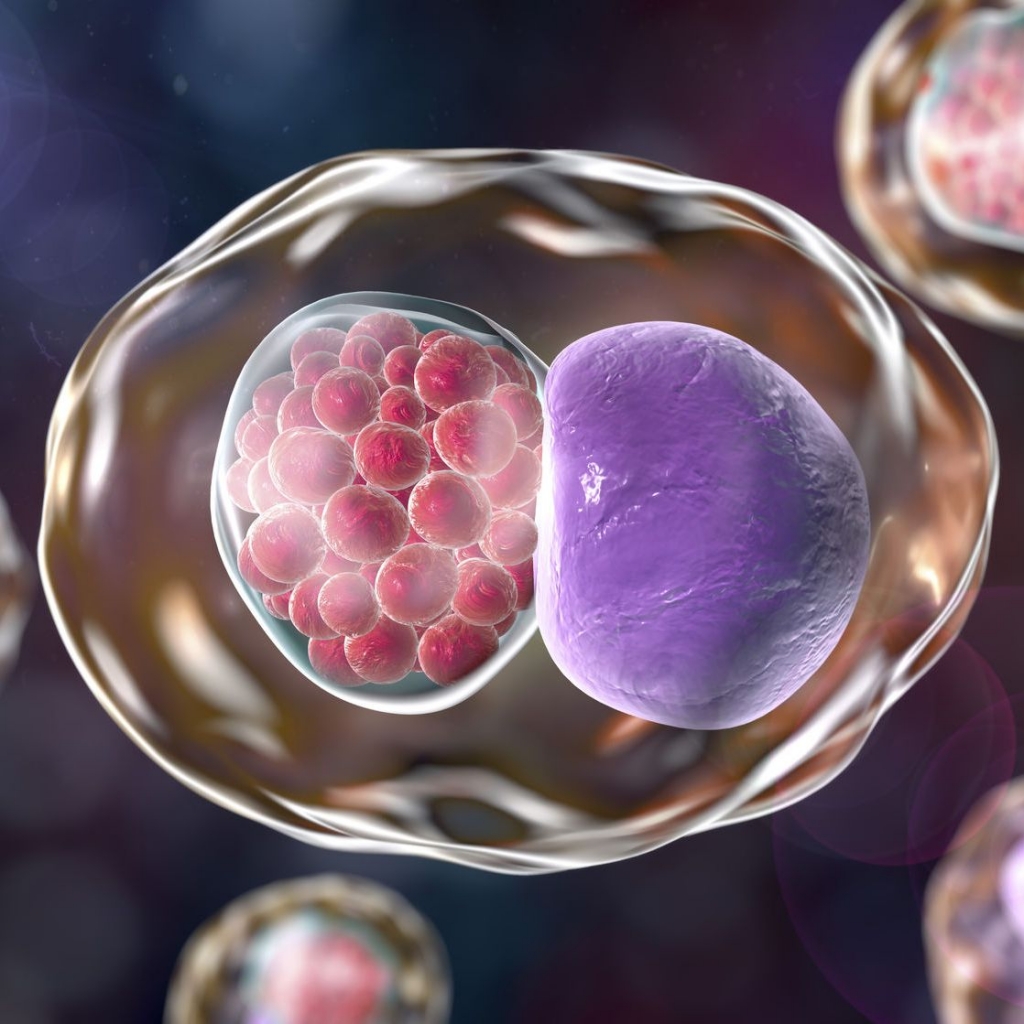Testing for sexually transmitted diseases (STD 5) in urine (C.trachomatis, N.gonorrhoeae, T.vaginalis, U.urealiticum, M.genitalium)
Sexually transmitted diseases are characterised by lying dormant in the body for many years without symptoms, or by minimal, atypical symptoms. In many cases, testing is only carried out when the disease has reached an advanced, irreversible stage and complications have developed.
Neglected infections can cause vaginal and other gynaecological problems in women, as well as pelvic pain, and also increase the risk of infertility, complications during pregnancy (miscarriage, premature birth) and infection in the newborn.
In men, undetected infections can cause prostatitis and urethritis.
The main causative agents of urogenital infections (sexually transmitted infections) are:
- Neisseria gonorrhoeae
- Chlamydia trachomatis
- Trichomonas vaginalis
- Mycoplasma genitallium
The role of these pathogens in the development of urogenital tract diseases is well established and the importance of their identification by molecular biology methods (real time polymerase chain reaction PCR (NAAT test)) is now beyond question.
Ureplasma sp. is not considered a classic sexually transmitted pathogen but should be tested in cases of childbirth or bacterial vaginosis with unhealed urinary tract inflammation.
What items are included in the STD 5 laboratory test?
Chlamydia trachomatis
This bacterium lives and multiplies inside the cells of the infected organism. It is transmitted to the infected partner during sexual intercourse and is also transmitted during oral and anal intercourse.
Of the five STDs, the most common is chlamydial infection, which affects the reproductive system. Chlamydial infection can occur with or without clinical symptoms, but regardless of the presence of symptoms, Chlamydial infection causes serious complications in the form of reproductive disorders and reproductive dysfunction in both sexes. It is a major pathogenic factor in male and female infertility. Transmission of the chlamydia agent occurs during sexual intercourse or through the infected genital organs at the birth of the child.
In women with long-term current, undetected and untreated infections, bacteria can invade the upper genital tract through the uterus, eventually leading to complications such as pelvic inflammatory disease, ectopic pregnancy, and fallopian tube blockage. In many cases, it causes no symptoms at all, but if it does, it takes the form of a pus-filled vaginal discharge.
In men, complications of Chlamydia infection can include testicular and epididymitis and sexually acquired reactive arthritis. In men, chlamydial infection is also associated with a reduction in reproductive capacity due to direct effects on sperm maturation, mobility, and viability. Symptoms include burning sensation when urinating, pain, discharge from the urethra, and discomfort around the testicles.

Less commonly, Chlamydia infections affect the rectum, the mucous membranes of the mouth and pharynx, and the conjunctiva of the eyes, and manifest as conjunctivitis or mucositis.
Neisseria Gonorrhoeae
Colloquially known as “the clap” or “drip”, it is a sexually transmitted disease that infects cells in the lining of the genitals, urethra, and rectum. Gonorrhoea can be contracted during sexual intercourse, not only vaginally but also through anal and oral sex, and the risk of infection is higher in people who change sexual partners frequently.
Nearly 10% of infected men are completely asymptomatic, so they pass on the infection without their knowledge.
The disease is easily treatable, but if it is not, serious complications can develop. Initially asymptomatic, it can cause urinary symptoms in women, later spreading to the internal genital organs and leading to infertility (which is why timely antibiotic therapy is very important). Men may experience burning sensation, urethral discharge, testicular pain, or discomfort when urinating.
Trichomonas vaginalis
A flagellated parasite, a protozoan microorganism that reproduces in the epithelial cells of the genital organs. It is most commonly transmitted through sexual contact, but can also be passed on in swimming pools, or by sharing toilets or towels.
In men, it can infect the mucous membranes of the urogenital organs (urethra, prostate). Although infected males are often asymptomatic, the symptoms that develop are most prominent on the glans and foreskin and can also cause urinary and prostate symptoms.
Women may experience an unpleasant smelling, greenish-yellow vaginal discharge, or pain and urinary discomfort during sexual intercourse.
Ureaplasma urealiticum, Mycoplasma genitalium
Infection can cause urinary tract problems, arthritis in both sexes and serious complications if left untreated. In men, it causes prostatitis and urethritis. Symptoms may appear within a few weeks of infection but can lie dormant in the body for years before suddenly flaring up.
In women it is accompanied by vaginitis, bacterial vaginosis, and pelvic inflammatory disease. During pregnancy and childbirth, it is a dangerous pathogen for both women and the unborn child, causing miscarriage, premature birth, and puerperal fever. Infection of the mother can cause pneumonia and respiratory failure in the newborn.
What sample is needed for the test?
Samples are human biological materials: first morning urine of up to 5 millilitres, prostate fluid, ejaculate, epithelial cell scrapings (from urogenital tract, oral, and pharyngeal mucosa, rectum and conjunctival fragments from the eye in case of Chlamydia trachomatis).
The Chlamydia trachomatis, N.gonorrhoeae, T.vaginalis, U.urealiticum and M.genitalium REAL-TIME PCR Detection Kit is an in vitro nucleic acid detection based Polymerase Chain Reaction (PCR) (NAAT) test – for qualitative detection of the pathogen. It is designed for the detection of nucleic acids of Chlamydia trachomatis, N.gonorrhoeae, T.vaginalis, U.urealiticum and M.genitalium in human biological samples.
How should I prepare for the test?
Before sampling, intimate showers are not recommended and any use of perfume, shower gel or antiseptic wipes should be avoided, as surface epithelial cells may be washed away, leading to misdiagnosis.

